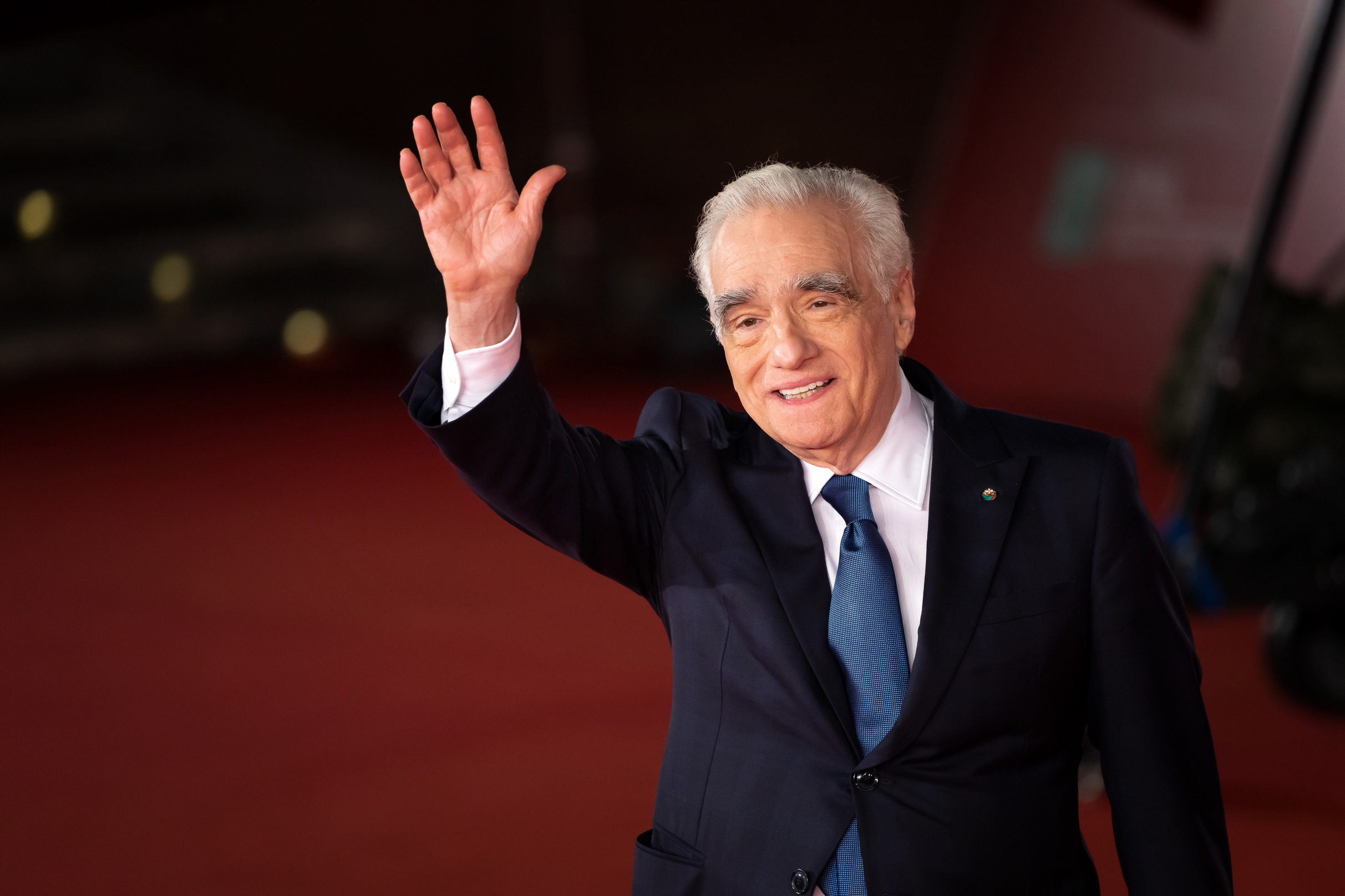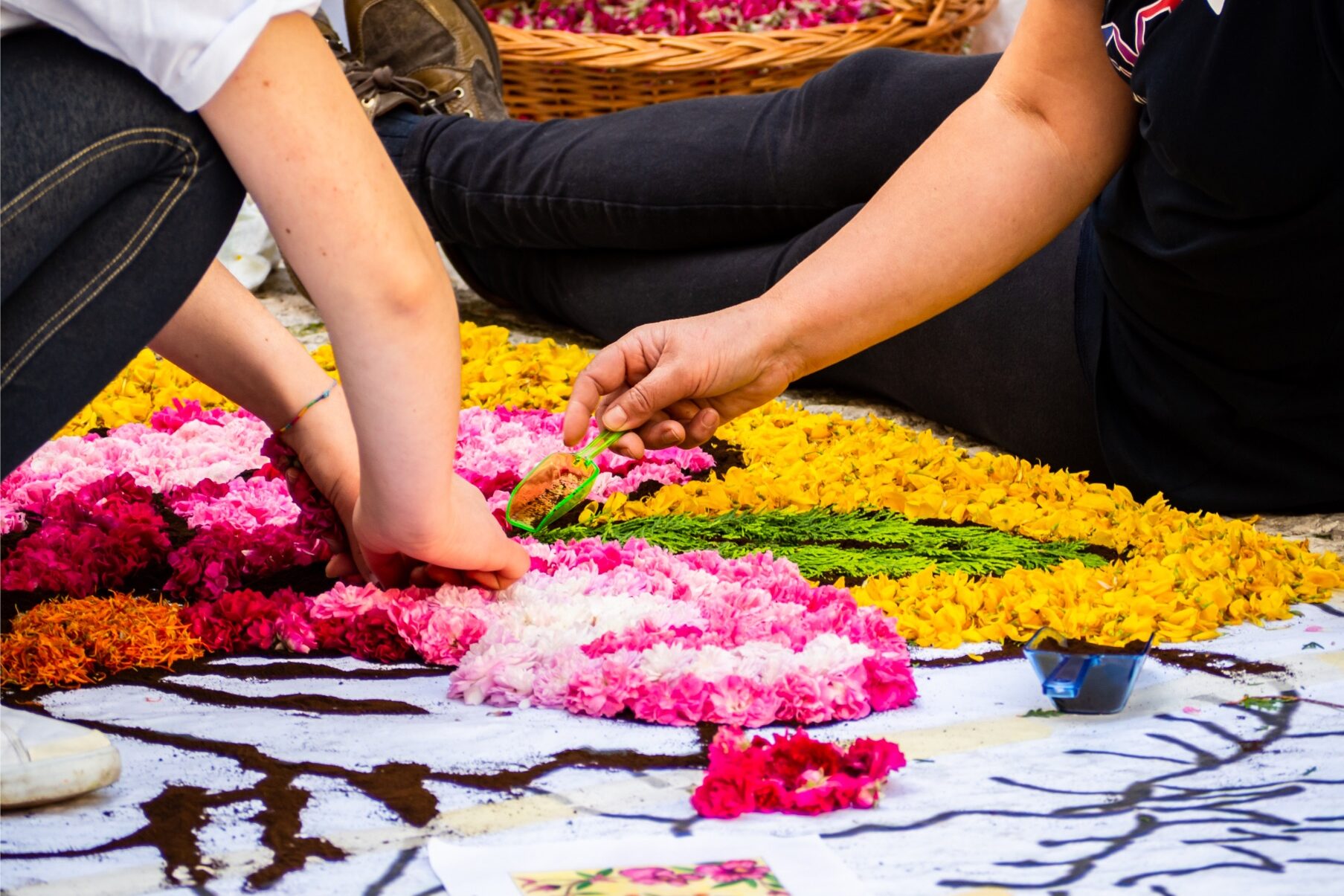In 2001, My Voyage to Italy, a 1999 documentary directed by Martin Scorsese about Italian cinema, was presented out of competition at the Cannes Film Festival. The documentary, which lasts over four hours, features Scorsese’s deep and thoughtful critique alongside carefully selected clips from 24 of Italy’s greatest filmmakers. These include iconic directors such as Luchino Visconti, Vittorio De Sica, Federico Fellini, and Roberto Rossellini. The work is a heartfelt tribute to the Italian cinema Scorsese has loved since his childhood, a genre that has always stirred in him what he calls a “visceral connection.” This connection, in turn, profoundly shaped his own career as a filmmaker. The documentary spans from the early days of Cabiria (1914, directed by Giovanni Pastrone) to Fellini’s 8 ½ (1963), exploring the cultural and social transformations of the 1940s and 1950s. It captures the essence of post-war Italy and its changing society, as seen through the lenses of directors who portrayed an era on the silver screen.
“Has anyone ever thought to ask Martin Scorsese how he spends his free time?” began Giuseppe Tornatore, Academy Award-winning filmmaker, during his tribute speech at a gala in Turin. The event honored Scorsese for his multifaceted role in the world of cinema: a director, documentarian, screenwriter, producer, actor, film historian, film conservation advocate, movie poster collector, and, perhaps most fittingly, “an indefatigable movie-watcher.” Scorsese was awarded the prestigious Stella della Mole prize, which pays homage to his monumental contributions to cinema. Tornatore continued, “No one in the history of cinema has watched as many films as Scorsese or possesses such deep knowledge of cinema from its creation by the Lumière brothers to today. His expertise is vast and consistently cultivated. For Martin, we are the sum of what we’ve watched. And, of course, his immense knowledge isn’t just an end in itself; it is the driving force behind his filmmaking — it is his filmmaking.”
Beyond his unparalleled expertise in the art of cinema, Scorsese’s “Italian-American” viewpoint adds a unique layer to his identity. It’s particularly poignant that, during this Italian Heritage Month, Scorsese returned to his ancestral homeland, Sicily, a journey he described as a “sentimental return to the land of his roots.” He believes this trip will prove fruitful, sparking fresh ideas for upcoming projects. It marks his fourth visit to Sicily (though his trips to Italy have been far more frequent), underscoring the deep bond he feels with the land his grandparents left behind. This connection, nurtured in the heart of New York’s Little Italy, had a profound impact on Scorsese’s personal and professional development, as he absorbed and cherished the Italian-American culture that surrounded him.
Meanwhile, in Rome during the same week, another iconic Italian-American filmmaker, Francis Ford Coppola, arrived to take part in the city’s Film Festival. Coppola was honored with the symbolic key to the historic Cinecittà Studios, a place that has produced countless masterpieces of the seventh art. The ceremony also featured the unveiling of a street named in his honor, Viale Francis Ford Coppola. “As a young man, I dreamed of studying at the Centro Sperimentale di Cinematografia — at the time, Hollywood was in Rome, and now, my dream has finally come true,” said the six-time Academy Award winner, whose career-defining films include Apocalypse Now and The Godfather trilogy. He spoke with nostalgia about the giants of cinema who shaped his own vision, noting that “Roberto Rossellini was a great mentor, but even before him, I drew inspiration from Francesca Bertini,” a silent film diva whose commanding presence on screen left a lasting impression.
Coppola’s deep Italian roots have undeniably influenced his artistic vision, much like Scorsese’s. The impact of this heritage is also evident in Coppola’s daughter, Sofia Coppola. At the Venice Film Festival, where her latest film Priscilla was shown, Sofia expressed her connection to Italy, saying, “I’m ashamed I don’t speak Italian, but I’m incredibly proud of my heritage. I love Italy — we were raised with Italian values. It was always important to my father, who made sure we spent extended periods in Italy, and he even owns a resort in Bernalda, Basilicata, where I got married.” Francis Ford Coppola, clearly moved by his return to Italy, added, “I’m deeply touched to be back in the homeland of my ancestors, originally from Lucania. One of my fondest memories is when Nino Rota played the Godfather theme for me in an airport. I’m also profoundly moved when I think of Francesco Rosi, Mario Monicelli, Michelangelo Antonioni, and Lina Wertmüller. And,” added the 85-year-old filmmaker, who revealed he is working on a new film in Italy, “Italian actors are simply fantastic.”
Nel 2001 è stato presentato fuori concorso al Festival di Cannes. “Il mio viaggio in Italia” è un film documentario del 1999 diretto da Martin Scorsese sul cinema italiano. Dura oltre quattro ore e mostra, con la critica cinematografica del grande cineasta, spezzoni di 24 film dei più grandi autori italiani fra cui Luchino Visconti, Vittorio De Sica, Federico Fellini, Roberto Rossellini. L’opera è un omaggio a quel cinema che ha amato sin da bambino, con cui sentiva un “legame viscerale” e che lo influenzerà moltissimo nella sua carriera da regista. Si tratta di un excursus che va dagli albori di Cabiria del 1914 (di Giovanni Pastrone) a 8 e ½ del 1963 (di Federico Fellini). Attraversa l’immaginario degli anni ‘40 e ‘50, un’epoca di grandi cambiamenti sociali e culturali che dal dopoguerra arriva alla Dolce Vita, letti da registi che hanno fermato un’epoca sul grande schermo.
“Mi chiedo se qualcuno si sia mai avventurato a domandare a Martin Scorsese come impieghi il suo tempo libero. Forse nessuno gli ha mai chiesto se fa bricolage o se addobba l’albero di Natale a dicembre perché è facile immaginare che Martin di tempo libero ne abbia poco o niente affatto? Oppure, al contrario, il suo è tutto un interminabile tempo libero in cui l’unico hobby, l’unico gioco, l’unica ragione di vita è il cinema?”. Inizia così la laudatio che il premio Oscar Tornatore ha pronunciato a Torino nella serata di gala dedicata al regista, documentarista, sceneggiatore, produttore, attore, storico del cinema, ricercatore e promotore della conservazione dei film, collezionista di manifesti cinematografici, e soprattutto “instancabile spettatore cinematografico”. Scorsese è stato insignito del Premio Stella della Mole che omaggia la sua storia cinematografica e Tornatore ha ricordato che “non esiste nessuno nella storia del cinema che abbia visto tutti i film che ha visto lui o conosca le opere di ogni singolo regista dall’invenzione dei Lumière a oggi come le conosce Martin Scorsese. Una competenza profonda, continuamente e volutamente coltivata, perché per Martin noi siamo ciò che abbiamo visto. E naturalmente questa sua conoscenza non è fine a se stessa, è il motore del suo cinema, è il suo cinema”.
Al di là della profonda conoscenza della settima arte, è curioso evidenziare il punto di vista “italoamericano” di Scorsese ed è molto curioso che proprio in questo Mese del Patrimonio Italiano lui sia tornato nella sua Sicilia, in quello che lui stesso definisce un “ritorno sentimentale nella terra delle origini”. Un viaggio che crede sarà produttivo, capace di lasciare stimoli importanti per tutti i progetti a venire. Ma che è anche il quarto in Sicilia (molto di più sono stati i viaggi in Italia) a conferma di quanto forte sia il legame con quello che i suoi nonni si lasciarono alle spalle ma non dimenticarono di tramandare una volta negli Usa, e quanto abbia inciso sulla formazione personale di Scorsese quella cultura italoamericana assorbita nella Little Italy newyorkese.
In una settimana decisamente fortunata per i cinefili italiani, a Roma per la Festa del cinema, è arrivato anche il “lucano” Francis Ford Coppola che ha ricevuto la chiave onoraria degli storici Studios di Cinecittà. Lì, dove sono nati innumerevoli capolavori della settima arte, ha assistito allo svelamento della targa di una strada a lui dedicata: viale Francis Ford Coppola. “Da ragazzo sognavo di studiare al Centro Sperimentale di Cinematografia, allora Hollywood era a Roma, e ora il mio sogno si è avverato” ha detto il sei volte premio Oscar, autore di capolavori come Apocalypse Now o la saga de Il Padrino. Ha raccontato quanto sia stato importante per la sua formazione potersi ispirare a giganti del cinema che lo hanno preceduto come “il grande maestro Roberto Rossellini e ancora prima di lui Francesca Bertini”, diva del cinema muto dalla prepotente presenza scenica.
Anche in questo caso è estremamente interessante notare come le origini italoamericane abbiano fortemente influenzato questo maestro del cinema (ma si potrebbe dire lo stesso per la figlia Sofia che a Venezia, per “Priscilla”, ha ricordato il profondo legame con l’Italia: “Mi vergogno di non saper parlare l’italiano, ma sono molto fiera delle mie origini. Amo l’Italia, siamo stati cresciuti da italiani, è molto importante per mio padre che ci ha sempre fatto trascorrere lunghi periodi in Italia e ha persino un resort a Bernalda, in Basilicata, dove mi sono sposata”): “Mi commuove – ha detto Francis Ford Coppola – tornare nella patria dei miei antenati, originari della Lucania. Tra i ricordi più forti, quando Nino Rota in un aeroporto mi ha accennato il tema del Padrino, ma mi commuove ricordare anche Francesco Rosi, Mario Monicelli, Michelangelo Antonioni e Lina Wertmuller. E poi – ha aggiunto l’85enne che annuncia di avere in cantiere un film in Italia – gli attori italiani sono fantastici”.






























